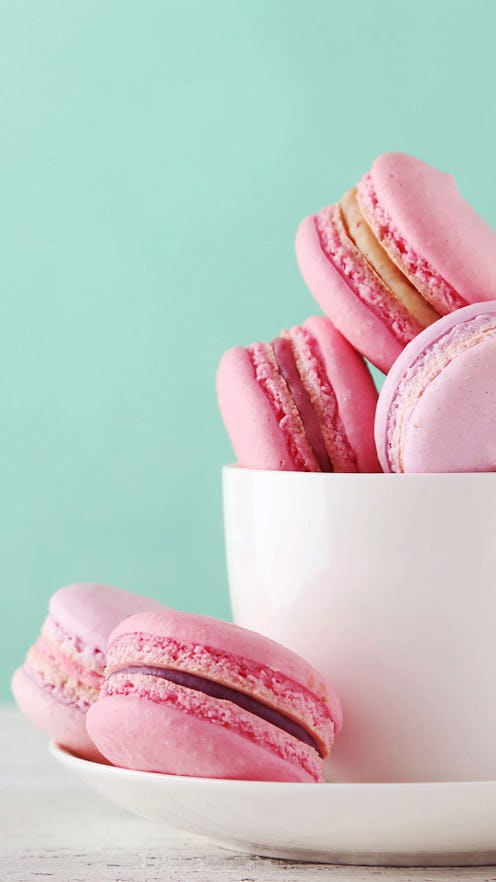A few years ago, scientists told us that Oreos are more addictive than cocaine and heroin. Ever since then, we’ve had the sneaking suspicion we should be reducing our sugar intake by about a zillion percent. Easier said than done, because even if we’re abstaining from outright Oreo binges, we’re still getting far more sugar than we should be, which can lead to obesity, diabetes and possibly even cancer and Alzheimer’s. Sugar causes inflammation, which is increasingly thought to be the root cause of most disease. Given the heroin comparison, it’s no surprise that quitting sugar can be a painful process, but it doesn’t have to be impossible. Just remember, you may feel worse in the short term, but the long-term results will be well worth the discomfort. If it helps, picture yourself as a troubled starlet struggling (wink, wink) through a stint at Promises and relax—alcohol is still allowed!
How To Get Off The Sweet Stuff, Stat
This includes dried fruit, protein bars, sweetened yogurt, soda, sports drinks, sweetened teas, fruit juice, vanilla-flavored nut or soy milks, most breakfast cereals and bars, granola, marinara sauce, maple syrup, honey, agave, most processed foods and more. When reading labels, look for words that end in -ose and avoid those items. Overwhelmed? Just commit to eating whole, unprocessed foods and you should be fine.
Unsweetened tea and green juice are good to have on hand for when you'd normally reach for a sweetened beverage. For snack time, try celery with almond butter, avocado, tuna, nuts and low-sugar fruits like apples and pears. If you really need something processed in order to feel full, Triscuits can be a good option as they're low in sugar. Popcorn works as well, just be sure to check the label if you're buying the microwave version. Need a sammy? Ezekiel bread is sugar-free. And, if at some point you start to jones for junk food, Cheez-Its are sugar-free as well.
Sleep deprivation raises our cortisol levels, causing us to feel hungry. Try to go to bed and wake up at the same time every day (within an hour) and aim for between seven and nine hours of sleep. You'll know you're getting the appropriate amount when you no longer need an alarm to wake up.
Studies have shown that eating protein for breakfast reduces cravings-related activity in the brain, which will help prevent you from resorting to cookies and other sugary snacks midday. This avocado toast with egg and Sriracha recipe is a great morning meal option, just be sure to use Ezekiel bread as your base.
Cortisol also spikes when we're stressed. Meditate in the morning to reverse this effect. If you experience anxiety during your workday, take a quick time out to focus on your breath to regain balance. We're currently digging new app Stop, Breathe and Think, if you're looking to mix up your meditation practice.
Lean muscle helps your body remove glucose from your bloodstream—how cool is that? You'll have fewer spikes—and fewer crashes—which means you won't be a slave to the sugar cycle. Exercise also releases endorphins that can help boost your mood (so you won't need to rely on chocolate for this purpose).
We don't expect you to try Dry January and a sugar detox simultaneously unless, of course, you want to torture yourself into a nervous breakdown. If you do imbibe, do so in moderation—wine is low in sugar, but those glasses can add up, so we suggest limiting yourself to one per outing. A better option is to stick with spirits, noting that club soda or simply a few squeezes of lemon are really your only mixer options in this case. Tonic water contains a ton of sugar.
